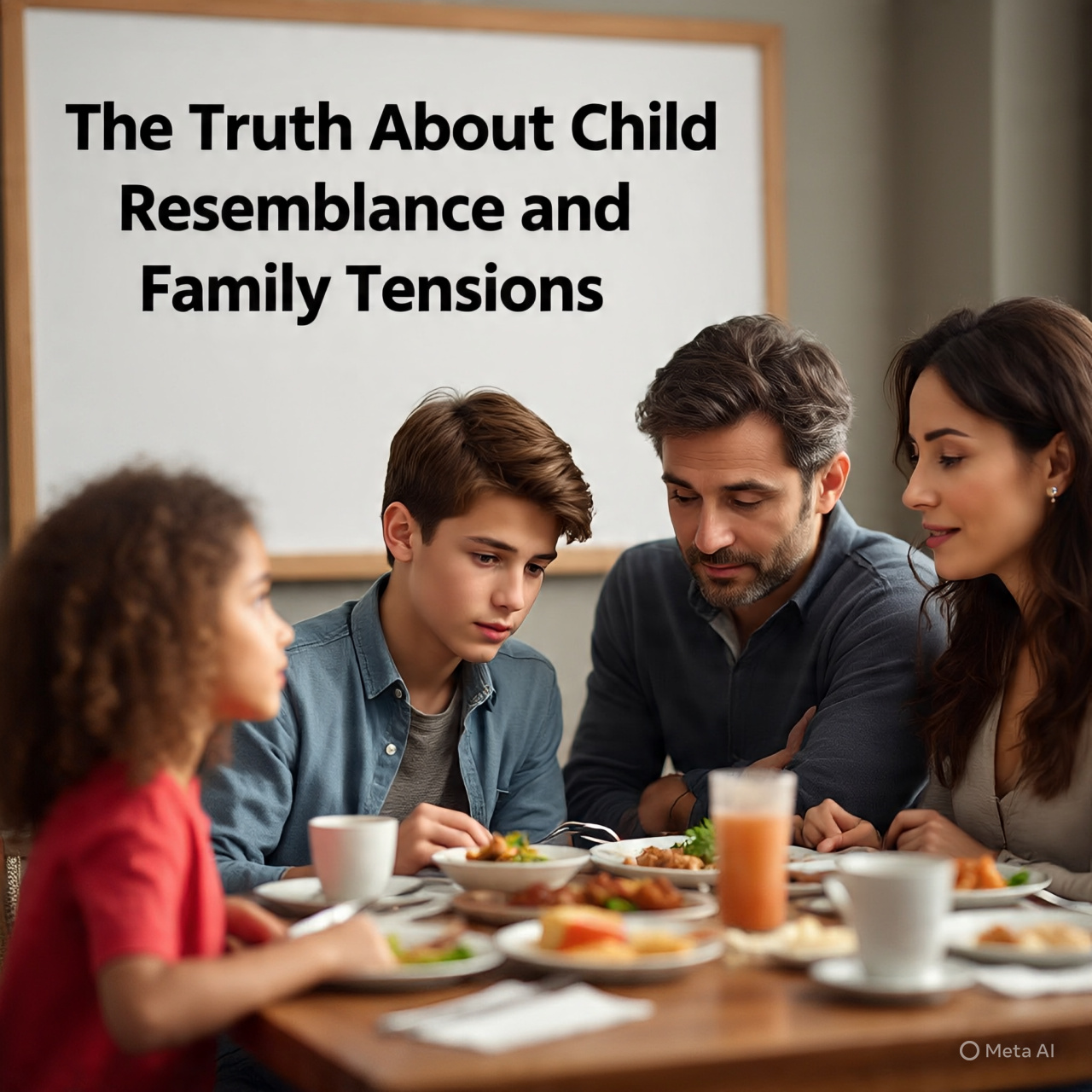
Why don't we discuss a topic that is one of the main reasons for family tensions these days - child resemblance? You may have come across the occurrence of whispered comments or even the presence of an uneasy silence when someone utters the words, "This child doesn't look anything like the father." It is a delicate issue that is not only wrecking marriages but also escalating unnecessary family dramas everywhere.
Recently, this particular subject has been brought to the public in Nigeria, where a well-known musician died under mysterious circumstances. The family rejected the musician's child as the baby was in no way looking to the deceased. They are talking about DNA tests and the matter has turned into a shameful street theatre. But still, we have to get the point that child resemblance is not as clear-cut as people depict it to be.
The majority of people assume it is merely a question of the direct family line. Children should look exactly like their parents as they share the same blood is what they expect. On the surface, this may sound logical; still, life shows another version. Kids can be so different from both parents in appearance, and it does not necessarily mean that a cheating incident has taken place.
Let me share a personal experience with you. When my first son was born he looked nothing like me. On the contrary, he was the exact copy of my father-in-law - a round face, protruding eyes, and a darkish complexion. If he was not the father of my wife, people might have suspected something. However, there is an interesting reason behind it.
My wife has always been very close to her father. She has been the perfect daddy's girl. Even after we got married, she couldn't let go of the strong bond, which was evident when she used to call him for small favors or to calm us down during our little disputes. During pregnancy, especially those three very first and important months, she was always referring to her father and praising him for his kindness and support.
The point is, a mother's mood and psychological bond during pregnancy, mostly in the first trimester, can determine the appearance of the baby. The fetus reacts to the mother's emotions and thoughts. If the mother has strong emotional connections or is continually thinking about certain people - be it the father, a relative, or a close friend - the baby has a high probability of looking like that person.
Little by little, my son's face changed. The round little face got slimmer, and his features became more similar to mine. Now, except for his dark complexion, he is a spitting image of me. This proves that the first similarity is not permanent, and the real features of a child often come out in their later years.
This phenomena can't be explained by science alone. They scientifically say genetics play an important role, but the emotional and psychological aspects of pregnancy can have surprising effects on a child's appearance. This is not just theory, I have witnessed it myself, and other families have similar experiences.
Why do we so always assume that mothers are to blame when the children look nothing like their parents? Such quick judgment can literally tear the family apart and add a lot of unnecessary worry to all members of the family. Instead, we should acknowledge that nature is still full of unexpected things and family resemblance can be influenced by some other factors besides genes.
Should anybody, merely looking at a child, instantly make such a statement concerning the kid, don't forget to share this story with them. In that way, we can build up a more empathetic society where people judge less and not so swiftly from just the physical features. After all, the least important thing is the child's looks but the love and care that s/he gets from the family is what matters.
We should not forget that though appearances change, the harm caused by suspicion without grounds can stay for life. Let's focus on the upbringing of our children and the conservation of family health instead of generating the uproar of who looks like whom.
The image used is AI generated.